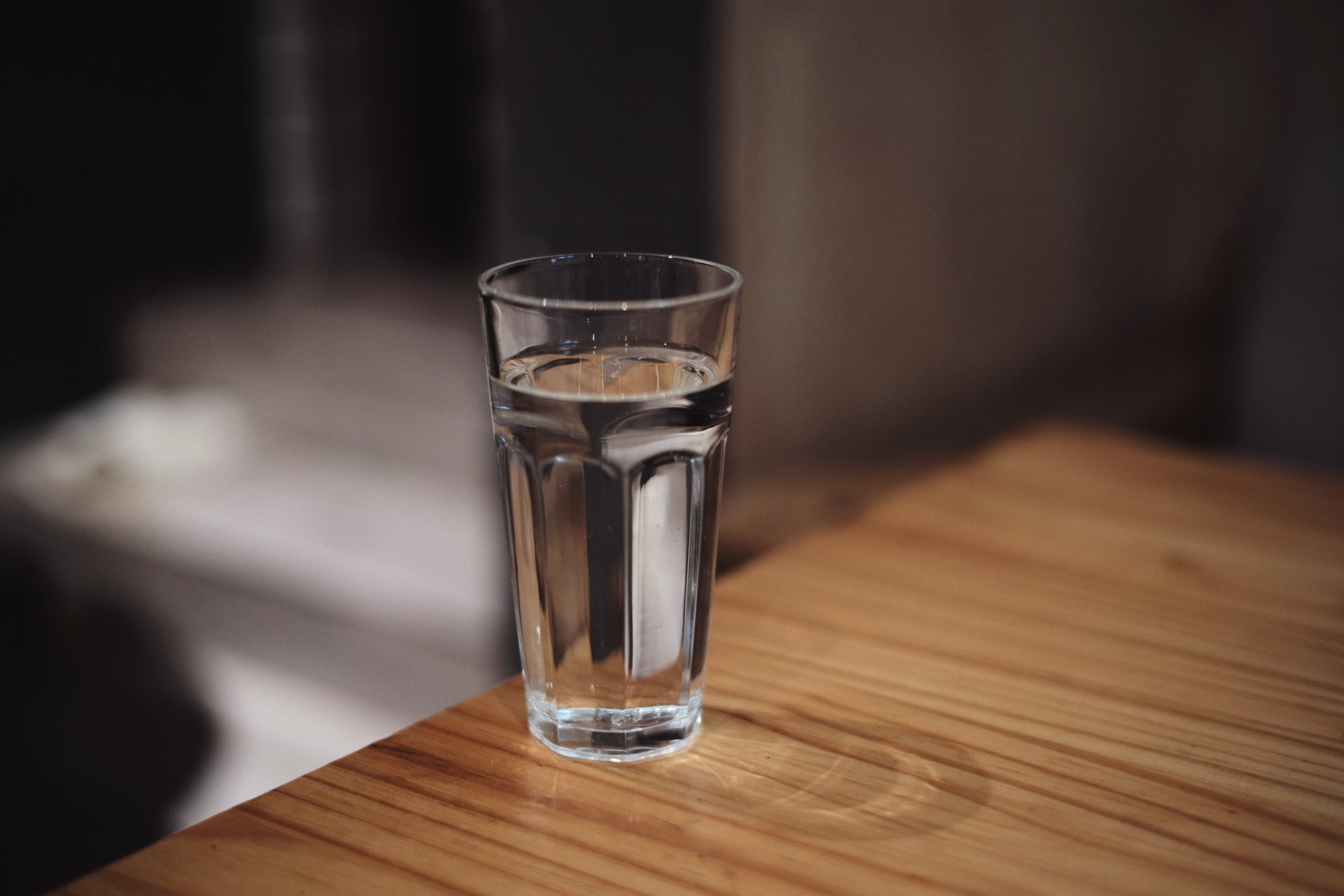How to find the sweet spot between dehydration and overhydration
Imagine that at some good time, you heeded the wellness calls to drink more water. Purchased a 5 liter bottle, placed it in a prominent place in the room / office and set reminders on the phone for regular libations. So, so, and now honestly: the watering regime coincides with the needs of your body, or are you going to be pumped up with moisture through force? Are you sure that “drinking more” is definitely the correct setting? The fact is that one and a half to two liters of liquid a day is enough for a healthy person, and increasing the amount of alcohol consumed at times is actually a risky undertaking. Waterlogging of the body is a completely achievable stage in the intense fight against dehydration.
Drinking lots of water isn’t always good for you
“Overhydration is a diagnosis that first of all informs about the violation of water-salt metabolism,” confirms a nutritionist and sports medicine specialist. A complicated form of overhydration, called by physicians hyponatremia, water intoxication or water poisoning, is rare and usually accompanies chronic kidney disease, type 2 diabetes, and congestive heart failure. Such a “bouquet” is life-threatening and requires hospitalization, but, fortunately, most people manage to avoid such health complications.
According to the expert, you need to drink at least two to three liters in fifteen minutes to find out what water poisoning is: “It is difficult to achieve the state of drinking, absorbing only water, because the human body is equipped with natural buffer systems that control our intemperance.”
Drinking too much water is just as unhealthy as drinking too little, although over-quenching your thirst has other consequences. Absorption of water in liters reduces the total level of salts and electrolytes, which are necessary, in particular, for full muscle function. “The balance of salts, electrolytes and minerals such as potassium and magnesium is provided by the kidneys and other regulatory mechanisms in your body,” the expert explains. – The result is the well-coordinated functioning of all systems, including muscle contraction and sending signals from neuron to neuron. Mild forms of overhydration can result in muscle cramps – the lack of salts and electrolytes is more intense when you sweat, losing more substances necessary for normal muscle function. “
Athletes use electrolyte-enriched water to compensate for overspending, but you and I don’t need to drink that. “For the average person, plain water is enough even on a hot day,” says the expert. – A sports drink or coconut water is needed when vigorous activity (say, at the gym) lasts longer than an hour or you sweat profusely (for example, walking in the desert), which causes a salt crust on your skin. There is no harm in drinking sports drinks; but why spend money if you don’t need them? ” The expert suggests that electrolyte-enriched drinks will come in handy on a hangover morning, as they do an excellent job of reducing alcohol intoxication and dehydration.
How much water should you drink?
Returning to the topic of water intake, in situations without extreme stress, you do not need to force yourself to drink if you are not thirsty. “It’s best to trust your body to determine how much water you need,” says the expert. – If the daily intake of fluid does not meet the needs of your body, it can manifest itself in unpleasant symptoms. Frequent urination, swelling, sweating, headaches, and trouble concentrating can all be signs of overhydration. ” Of course, headaches and distraction can also signal dehydration, but if by the end of the day you have drunk almost everything that was in a five-liter bottle, you clearly overdid it.
“There is no single norm for daily water consumption, the World Health Organization came to this conclusion two years ago. It all depends on individual characteristics, lifestyle, food culture and a number of other factors. Most of us will successfully get by with one or two liters of liquid a day, ”sums up the expert.
Consider the popular idea that warm (or hot) water is good for your gut. So, according to the expert, this is just a myth. I like drinking warm – drink and believe that you are taking care of the gastrointestinal tract. And in general, the conclusion from this story is this: drink what you like, and when you want. To your health!






